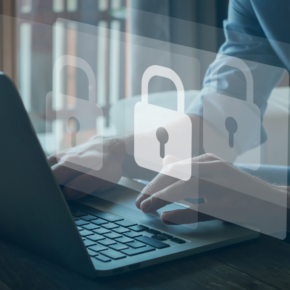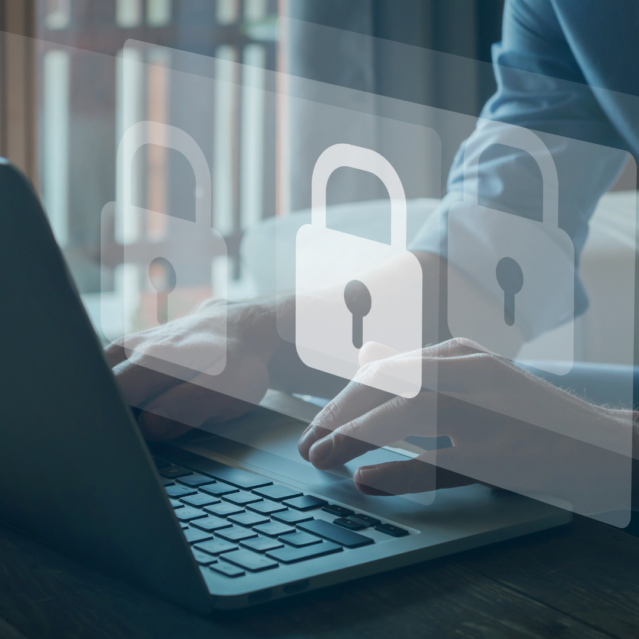Data management and safety has been the forefront of discussion for many years, and it has only amplified since the introduction of the EU’s General Data Protection Regulation (GDPR) in 2016. Businesses have a legal and moral obligation to protect the data of those they come into contact with, but many organisations are not set up for success with physical archiving still being common practice across sectors.
In this article we will discuss the importance of proper archiving and data management practices and how you can future-proof your business for data management through training.
The importance of data protection
As our world continues to digitise, individuals are becoming increasingly aware of their personal data and how it is used and stored by the businesses they interact with. To further safeguard the public, the EU introduced their General Data Protection Regulation (GDPR) which came into full effect in 2018.
Having appropriate data protection measures as a business not only helps you to be compliant with such regulation, but also protects your business from having your own information compromised. It is vital for businesses to adequately manage their data and archives to ensure that all information is securely and safely stored.
Paper archiving vs digital archiving
The word “archive” often evokes images of large corridors full of folders and papers, however, this is not far from the truth. Many businesses across sectors from the educational sector to the medical sector, law offices and retail establishments still use paper-based data management and archiving systems.
While having physical copies of documents is important for keeping physical records, transitioning to digital archiving systems can help to further secure the data and help to avoid it being destroyed or lost.
This transition must be done with care through careful consideration of data protection laws and using data management best practices, keeping record of document locations, checking whether anything needs to be destroyed or renewed and keeping data safe.
Data and archiving training
The process of transitioning to digital archiving is a lengthy one and one that needs to be taken seriously and with precautions. The best way to ensure that a business is doing its due diligence through this process is by having members of staff who are trained on information and archiving services. This will ensure that the process is done correctly, adhering to the appropriate regulations and is supported by the business’s policies and procedures.
Library, Information & Archive Services (LIAS) Apprenticeship
LMP Education’s LIAS programme can help businesses to conquer the digital archiving transition. The apprenticeship is funded through the Apprenticeship Levy allowing employers to hire new talent or upskill existing talent for free or at a reduced cost.
This programme is Designed to boost productivity, enhance communication, and improve workplace efficiency and is the perfect investment in your employees’ professional development.
By having a LIAS professional within your team, you can ensure that your organisation is fully equipped with the most up-to-date archiving knowledge and information and are supported through the digital transition.
If you are interested in bringing in a new LIAS team member, or upskill an existing member of staff, book a discovery call with the LMP Education team today!
Book a discovery call








